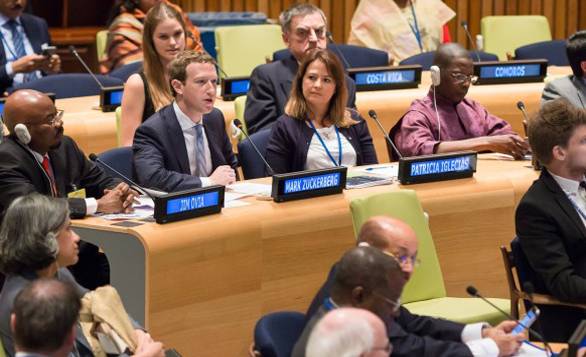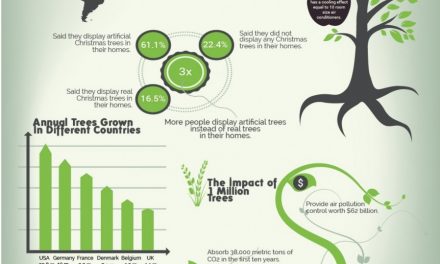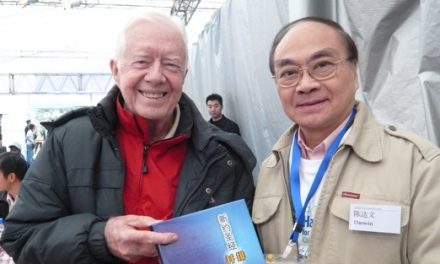The 31-year-old co-founder of Facebook, Mark Zuckerberg, is now facing intense criticisms about “net neutrality” from the Indian elite class regarding the initiative he put forward recently.
On Saturday, September 26, 2015, Zuckerberg attended the 70th annual U.N. General Assembly session and he also published a connectivity declaration together with Bono, the founder of the advocacy group ONE. In the Declaration, Zuckerberg emphasizes that Internet access should be a basic human right nowadays, like access to healthcare or water. In his speech during the Assembly, Zuckerberg also mentioned how connectivity is the best way to alleviate poverty as research shows that one in ten people is lifted from poverty when people are given access to the virtual world.
In fact, Internet.org is an initiative to bring universal Internet access closer to reality according to Zuckerberg. It offers a chance to the poor living in developing countries to go online for free. Zuckerberg believes that ensuring Internet access around the globe can help to achieve global justice and equal opportunity, which are key enablers of human rights. By bringing incredible people online, they can share their thoughts and experience with billions of others and they can also have access to an ocean of knowledge.
However, the Indian elite class are now trying to outlaw the Internet access of the poor and they judged Zuckerberg’s move as misleading and Facebook-biased. In reaction to this, Zuckerberg explained how the filtering of websites of Internet.org are related to the political restrictions, which has nothing to do with Facebook’s profits nor advertising.
People may have their own judgement regarding Zuckerberg’s words but for the poor in India, without Internet.org, they will be further “disconnected” with the virtual world, and eventually, the real world.
Sources & Photo credit:










